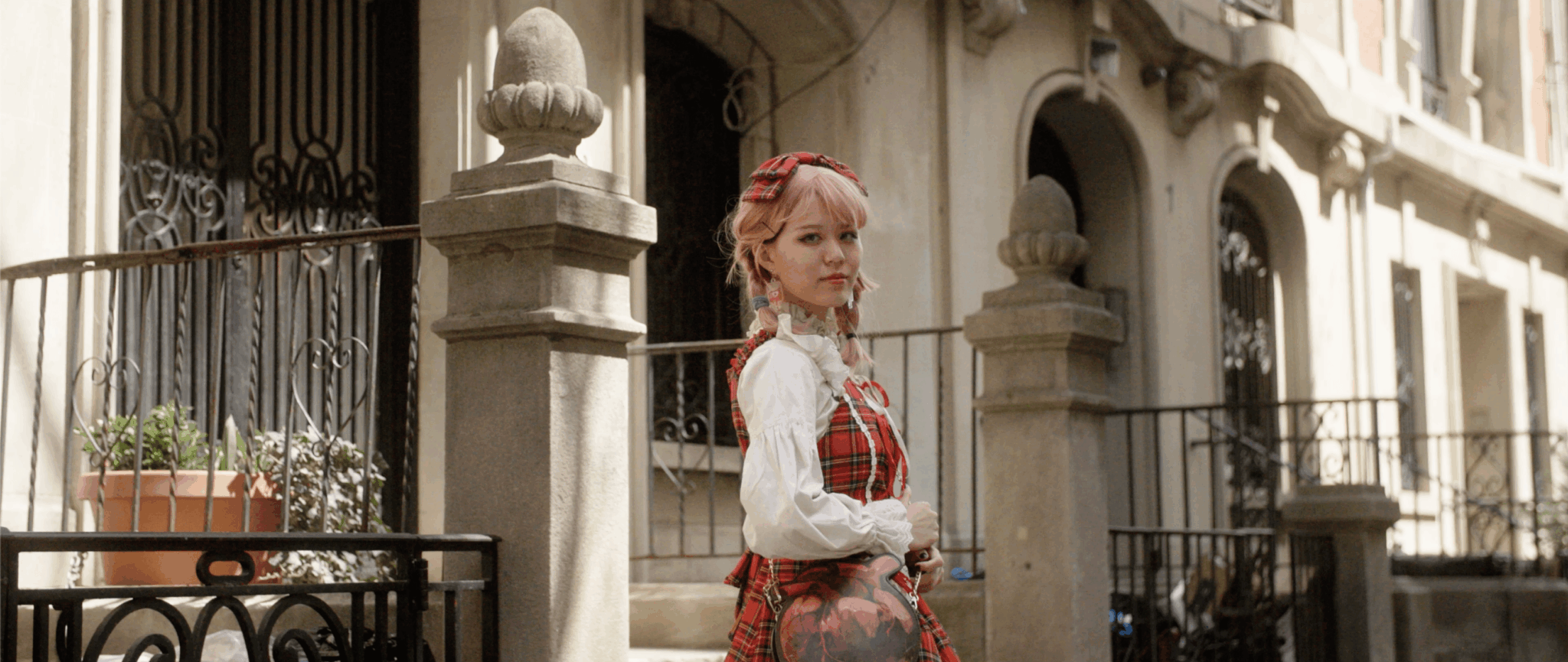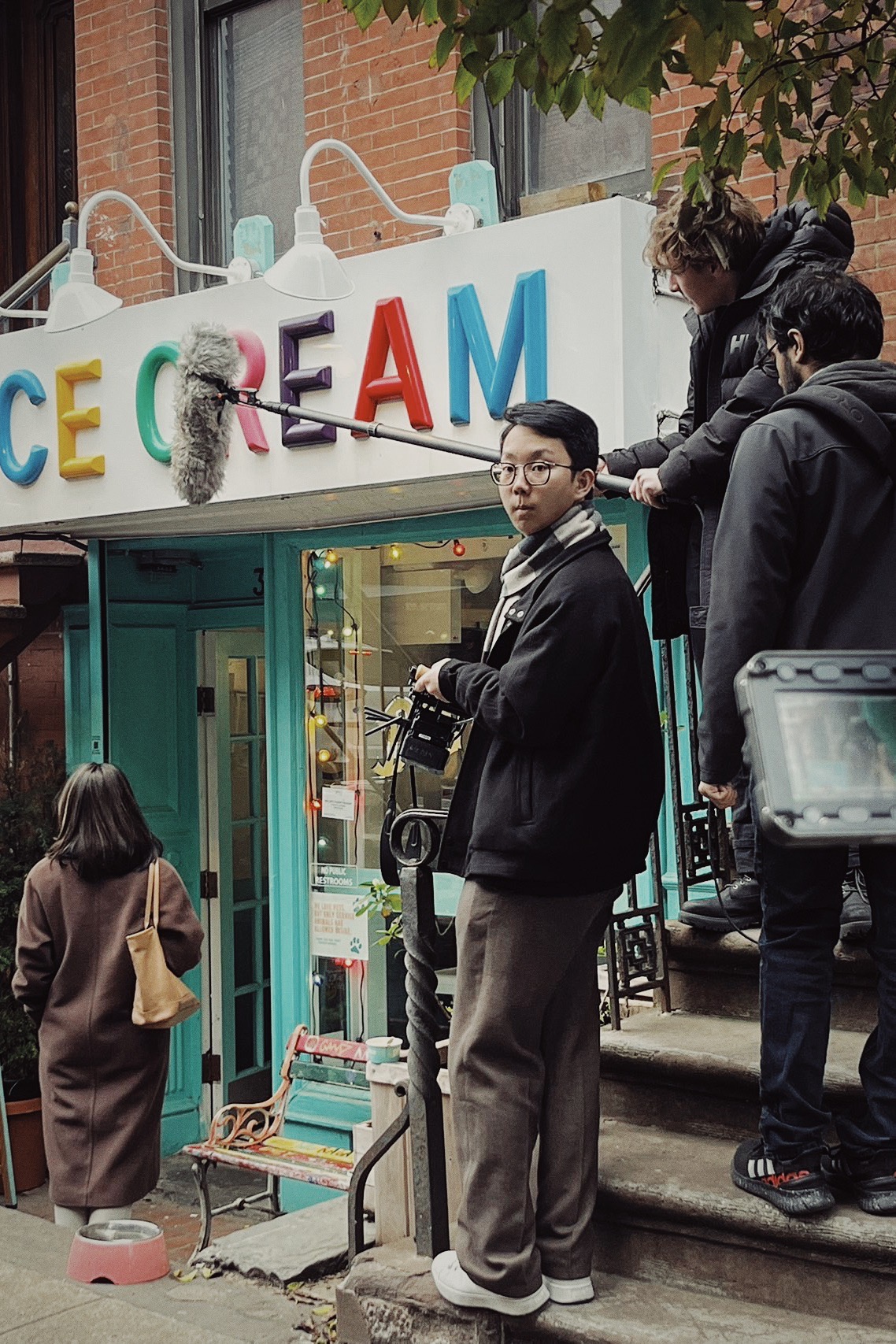Alright – so today we’ve got the honor of introducing you to Jeremy Chi. We think you’ll enjoy our conversation, we’ve shared it below.
Jeremy, appreciate you joining us today. I’m sure there have been days where the challenges of being an artist or creative force you to think about what it would be like to just have a regular job. When’s the last time you felt that way? Did you have any insights from the experience?
A few months ago, after my parents came to New York to attend my graduation ceremony, we had a moment I’ll never forget. As they were getting ready to fly home, my mom pulled me aside at the airport and urged me to find a stable job. She has always wanted me to have the kind of secure, traditional career that most Asian parents envisioned for their children. I said, “Can I be unstable just for this first year and see how things go?” I didn’t expect what happened next—she burst into tears, so desperately that it caught me off guard. To this day, I still can’t fully understand what triggered such a strong reaction—whether it was worry about my future or fear that my independence was now beyond her control. I’ve always felt the pressure of how much anxiety my career choice causes them, but that moment really crystallized the conflict I feel between following my passion and meeting their expectations.
For many middle-class Asian parents like mine, the idea of stability is everything. I understand that they have worked their whole lives to get to where they are, so having their children step into the unknown of a creative career feels like a huge risk to them. Some of my peers have already secured high-paying jobs in tech or business, and I can see the relief it brings their families. But whenever I catch up with them and observe their way of life, I can’t help but feel a disconnection—working terribly hard Monday to Friday just to unwind on the weekends doesn’t resonate with how I see my life unfolding.
What I’ve learned over the years is that being a creative is more than just choosing an unconventional career—it’s embracing a completely different lifestyle. For me, creativity isn’t something I switch on and off between working hours. My life experiences inspire me, and my creative work weaves into my everyday life. I don’t really have moments where my brain stops thinking about stories, ideas, or new ways to express how I perceive the world around me. It’s not just that I want to create; I often feel that I need to, almost as if there isn’t a choice for me not to.
Fresh out of college, I’ve found myself in a balancing act—doing office jobs in creative fields to stay afloat while also freelancing and working on my personal projects. It might not be the most ideal path my family hoped for, but it allows me to follow my passion while managing the practical realities of life. Interestingly, after I received my first paycheck from a film set—one that would cover a month’s rent—I noticed my mom subtly expressing less anxiety about my career. It’s a slow but steady process of them learning to understand the world I’m a part of, even if it’s different from their own.
Would I have been happier had I pursued a so-called regular career path? I’d like to think there’s no point in wondering. Every job and industry has its own mix of good and bad. I might have taken “the road less traveled,” but for me, the focus is on looking ahead, not lingering on the what-ifs or the roads not taken.
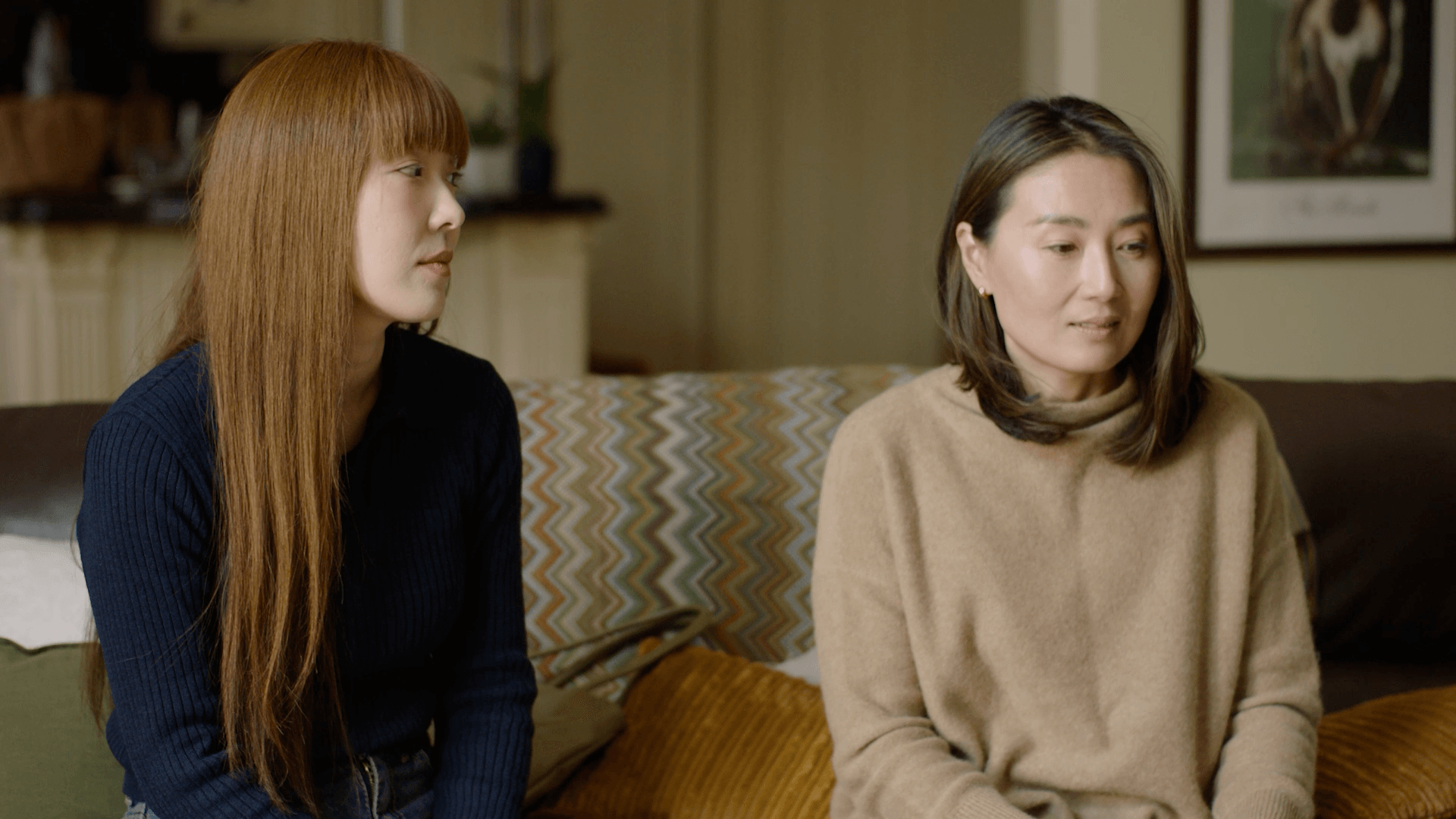
Jeremy, love having you share your insights with us. Before we ask you more questions, maybe you can take a moment to introduce yourself to our readers who might have missed our earlier conversations?
I am a filmmaker based in New York, Auckland, and Beijing holding a B.F.A. degree in Film and Television Production at NYU Tisch School of the Arts.
I work in narrative, documentary, experimental and hybrid forms, often embracing themes of immigrant experience, search of identity, and interpersonal relationships. In addition to directing, my work experience span producing, sound design, as well as film sales and marketing.
I was awarded the Akhtar-Bhutta Fund for Student Producers in 2023. My experimental-documentary short film “Games We Play” won Gold Award at New York Movie Awards and my narrative short film “Ice Cream, Ice Queen” is currently in post-production.
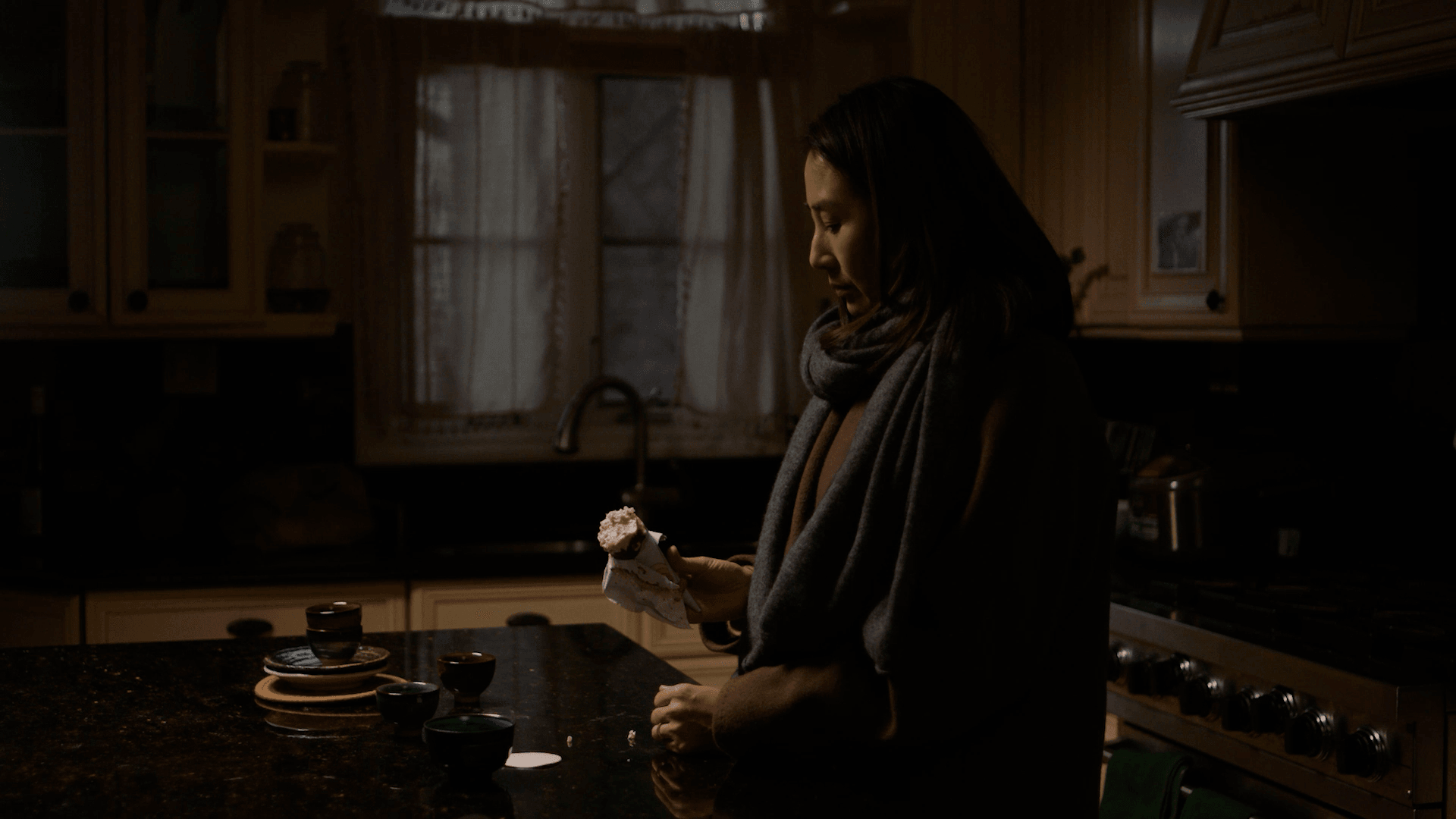
For you, what’s the most rewarding aspect of being a creative?
For me, the most rewarding aspect of being a creative is when I see my work resonate with others. I’ve had countless moments where a piece of creative work made me feel less alone, reminding me that there are people out there who understand and share similar experiences. Now that I’m able to create my own work, it’s incredibly fulfilling to be in a position where my stories can evoke a response, spark conversation, or make someone feel seen and understood.
My most recent short film, Ice Cream, Ice Queen centers around the complex relationship between two women who are both lonely and seeks connection in a foreign city. When a close friend of mine first read the script, she told me she didn’t quite connect with the story. But months later, after I’d shot the film and showed her the rough cut, her perspective completely shifted. She had just gone through a toxic breakup and entered into a new relationship, and suddenly, she understood the complexity of the emotions I was trying to convey. The story resonated with her on a personal level in a way it hadn’t before. That’s when I felt my work had the potential to reach people on a deeper level and inspire them, which is what makes it all worth it.
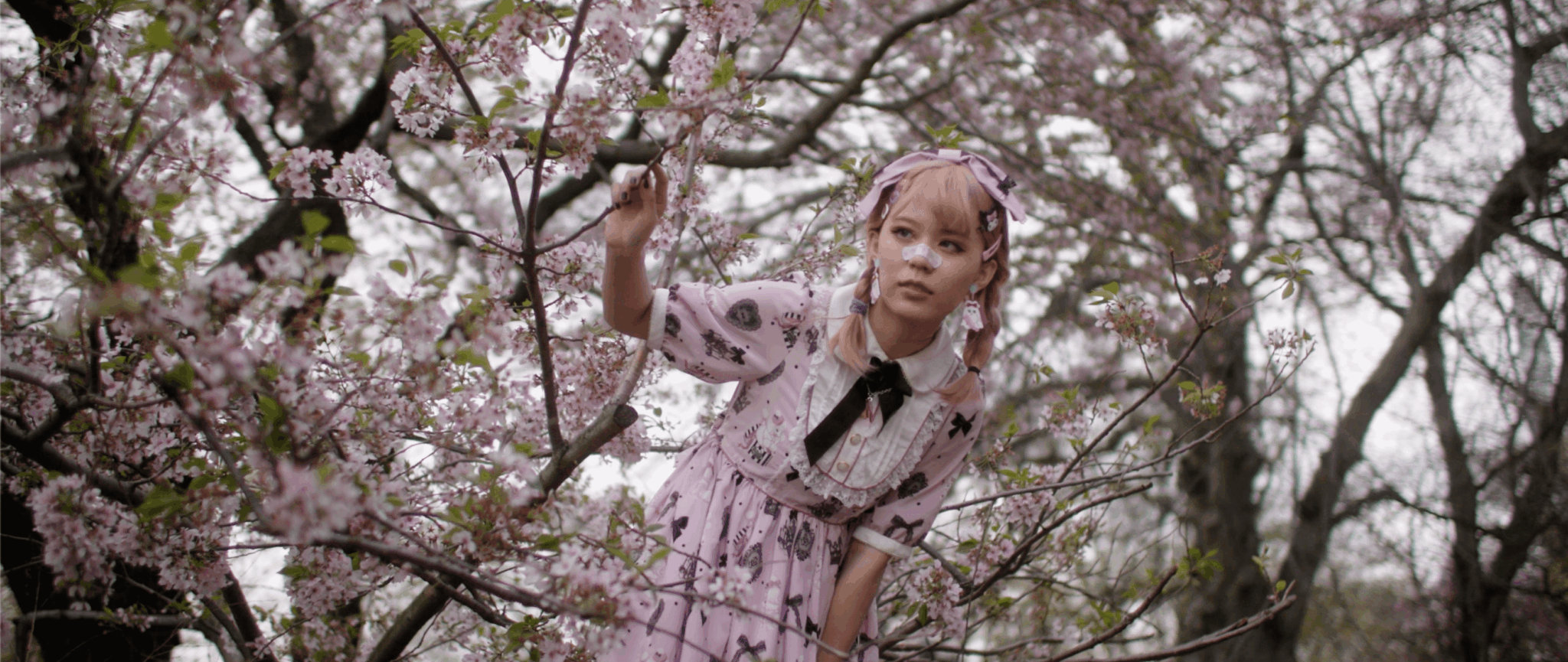
Do you think there is something that non-creatives might struggle to understand about your journey as a creative? Maybe you can shed some light?
One thing outsiders might struggle to understand about my journey as a creative is the emotional and psychological complexity that comes with the creative process. For many, creativity may seem like a straightforward endeavor—making up characters and forming a story with a clear beginning, middle, and end. But it’s often much more intricate, deeply tied to my identity, experiences, and even unspoken secrets and desires. Every project can be a reflection of my emotional state or personal struggles in a particular time and space, and that vulnerability can be both empowering and daunting.
There’s often a push and pull between wanting to share my vision and fearing the judgment that comes with exposing my innermost thoughts. I vividly remember the nerve-wracking feeling of showing my class an exercise where I talked about something deeply personal for the first time. I was anxious about how it would be received, but it turned out to be less frightening than I imagined. Those who understood my perspective were supportive, while others simply moved on to something else without giving it much thought. That experience taught me that not everyone will connect with what I’m saying, and that’s okay.
It has taken a lot of active practice of expressing my vulnerability that I’ve now become more comfortable with sharing my personal experiences through my work. What non-creatives might not always appreciate is the fact that there’s no clear boundary between creating and living. Creativity is not just a skill—it’s a deeply personal journey that requires emotional resilience, a willingness to be vulnerable, and a commitment to continually evolving. It’s both challenging and rewarding, but ultimately it’s a part of who I am.
Contact Info:
- Website: https://jeremy-chi.myportfolio.com/
